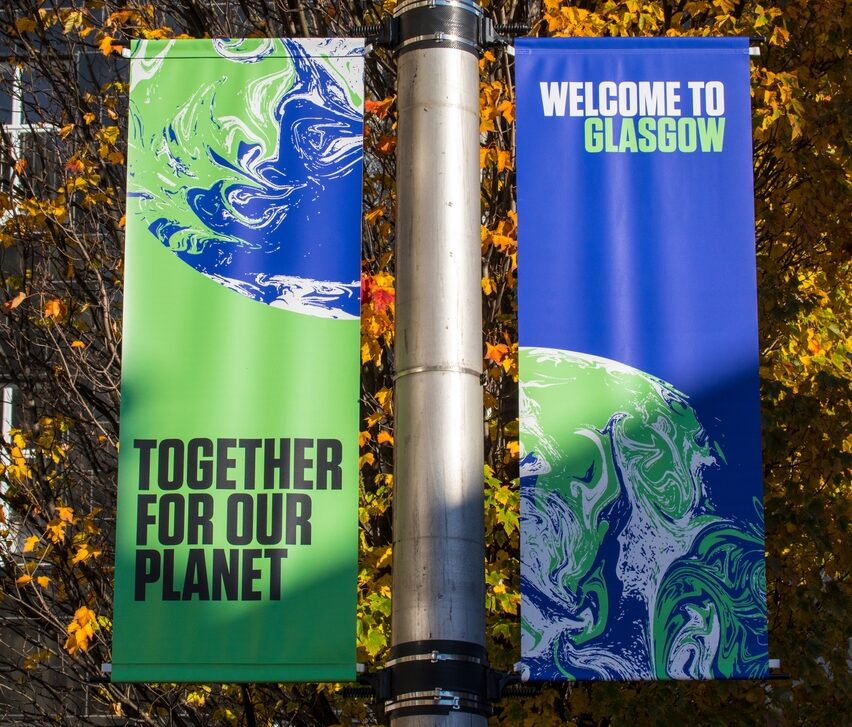“The Glasgow meeting exceeds my expectations and is a completely new chapter in the Paris Agreement,” said Mistra Geopolitics Director Björn-Ola Linnér in an interview with the Swedish newspaper Dagens Nyheter at COP 26 in Glasgow.
Björn-Ola Linnér emphasizes that there is still a long way to go to achieve the climate goals and now words must be translated into action. And island nations and other vulnerable countries might be disappointed.
“Countries must now move from word to deed, but COP 26 has created the political conditions needed to do so,” he continues.
The fact that the countries will now update their climate goals every year starting next year and that the “f-word” – i.e., fossil fuels – is included in the text of the agreement are two main reasons why COP 26 can be considered a successful climate meeting.
Björn-Ola Linnér, Professor in climate policy at Linköping University and Director of Mistra Geopolitics said:
“A small step for humanity, but a big step for climate negotiations, with an emphasis on the negotiations.”

Climate goals, from word to deed
Björn-Ola Linnér emphasizes that the assessment is about the way forward for the negotiations and that the world is still far from achieving the climate goals. Countries must move from word to deed, but COP 26 has created the political conditions needed to do so.
It is a great disappointment from the island nations that the issue of compensation for damage caused by climate change did not receive a system for financing. Now there is only a process for how to get there, said Björn-Ola Linnér.
This will be a contentious issue in the future, he said, not only for the island nations but also other vulnerable countries, such as Kenya and India. Climate change is not just about rising sea levels, increasing heat means stress and many countries believe that they must bear the costs of emissions that the rich world has made.
But, the fact that fossil fuels are mentioned at all in the text is historical, where the negotiations have broken down a wall. Fossil fuels are not mentioned in the Paris Agreement and large countries with major fossil interests have worked throughout the years to keep them out of the climate negotiations. So, even if it in itself does not reduce emissions, it’s a clear signal that the tables are turning, he concludes.
Featured, Mistra Geopolitics Director Björn-Ola Linnér

Professor Björn-Ola Linnér

Ylva Rylander
Translation and editing by Ylva Rylander, Communications Officer.



